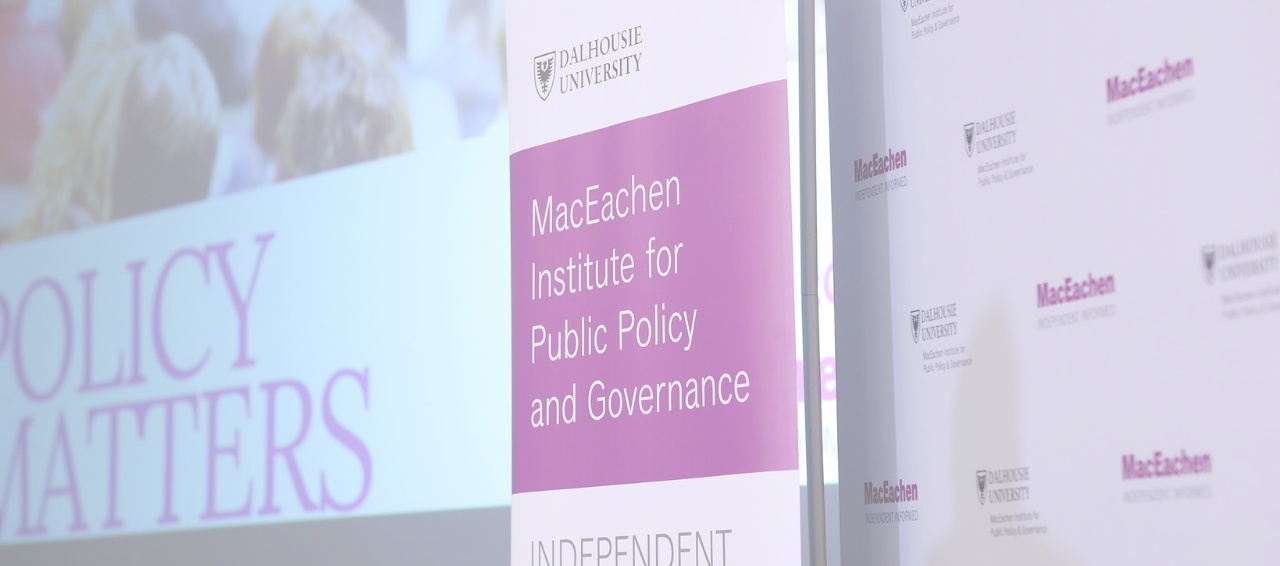After Popular Attention Washes Away: Check‑in Post‑Fiona
Hurricane Fiona remains the most expensive extreme weather event ever recorded in Atlantic Canada and is now the seventh largest in Canada's history in terms of insured damages. Average annual losses from disasters have quadrupled since 2008 and are forecast to be $15.4 billion in Canada by 2030. The federal government launched the Hurricane Fiona Recovery Fund, totaling $300 million over 2 years. The province of Nova Scotia launched a $40M financial relief package, with additional sector-specific compensation. Has this relief funding reached those that need it most? How are communities repairing and rebuilding and how are individuals, especially those with a disability recovering post-Fiona? How do we ensure relief programs and services are accessible and support people with disabilities? This panel will explore the challenges in post-disaster recovery and the opportunities for improvement.
Explore our work on Emergency Response and Evacuating Persons with Disabilities

Anne Camozzi
Anne Camozzi of Antigonish, Nova Scotia is a senior with visual and hearing impairment as well as using a wheelchair for mobility. A graduate of York University with an Honours Bachelor of Fine Arts, she also has a Masters in Adult Education from St. Francis Xavier University. Anne currently works as an artist, writer, and disability advocate. Her eclectic career includes working as a CBC TV and Radio News Reporter, owner/operator of two consulting companies specializing in environmental education, facilitation, and strategic planning, as well a term as Vice-President, University Advancement, at St. Francis Xavier University. She was involved in the development of Bill 59, the new provincial accessibility legislation, and has been an active advocate for inclusion of disabled voices in emergency planning.

Paul Kovacs
Paul Kovacs is founder and Executive Director of the Institute for Catastrophic Loss Reduction (ICLR), Canada’s leading disaster research institute. ICLR is an international centre of excellence for integrated research on disaster risk and a member of the Global Alliance of Disaster Research Institutes.
Paul is Canada’s leading authority on insurance and climate extremes. He was a contributing author to the Intergovernmental Panel on Climate Change for more than twenty years, the world's leading forum for the study of climate issues. Paul was part of the team that won the Nobel Peace Prize “for their efforts to build up and disseminate greater knowledge about man-made climate change.”
For more than forty years Paul has been a popular commentator on insurance, disaster safety and economic policy. He has written more than 200 publications and is a passionate champion for insurance and resilience to extreme events. He has worked in private industry, the public sector and academia. Paul is Chair of Ontario’s Advisory Panel on Climate Change, a member of the Board for the Global Alliance of Disaster Research Institutesand Chair of the North American Alliance of Hazard and Disaster Research Institutes. He is a proud husband and father, with a growing collection of bow ties.

Kaitlynne Lowe
Kaitlynne Lowe is an Action Canada Fellow (’21) and a graduate of the Masters of Public Administration Program (2019) at Dalhousie University. She has spent five years conducting research work at the MacEachen Institute for Public Policy and Governance. Her work has focused on accessibility issues in Canada’s emergency management response to improve the experience of persons with disabilities. Kaitlynne co-authored an op-ed in The Conversation and presented on a panel regarding this topic and post-tropical storm Fiona.
Her current research is examining how emergency evacuation processes support people with disabilities and improvements that can be made, specifically regarding risk communication and return to the community. She has published a report for Employment and Social Development Canada (2020) on emergency management policies and programs for persons with disabilities across Canada. She also conducts research analyzing government responses to the covid-19 pandemic.

Amanda McDougall-Merrill
Amanda McDougall-Merrill was elected Mayor of the Cape Breton Regional Municipality in October, 2020, making history by becoming the first female Mayor of CBRM.
Mayor McDougall-Merrill is a Cape Breton University graduate in Political Science and hails from Main-a-Dieu, a small fishing village of just about 200 people, on the beautiful island of Cape Breton, NS.
Prior to her election as Mayor, Amanda served as Councillor in District 8 and as the Executive Director of ACAP Cape Breton. In 2021, she served as Acting President of the Nova Scotia Federation of Municipalities (NSFM) – the voice of 49 municipalities across the province – and as its President the following year.
Amanda and her husband Kevin have two sons. It is her boys that serve as a constant reminder of how decisions around the Council table can impact the future of our communities and the residents she humbly serves.

Kevin Quigley (Chair)
Kevin Quigley is the scholarly director at the MacEachen Institute for Public Policy and Governance and a professor in Dalhousie’s School of Public Administration, Faculty of Management. He specializes in public sector risk and crisis management, strategic management and critical infrastructure protection.
Professor Quigley founded the Critical Infrastructure Protection (CIP) Initiative at Dalhousie, an interdisciplinary research team that seeks to enhance collaboration between multiple stakeholders on questions concerning the management of Canada’s critical infrastructure.
He has published an acclaimed book on critical infrastructure, numerous articles in academic journals and studies for a professional audience; his newest book, Too Critical to Fail: How Canada Manages Threats to Critical Infrastructure was published by McGill-Queen's in November 2017 and shortlisted for the Donner Prize.
